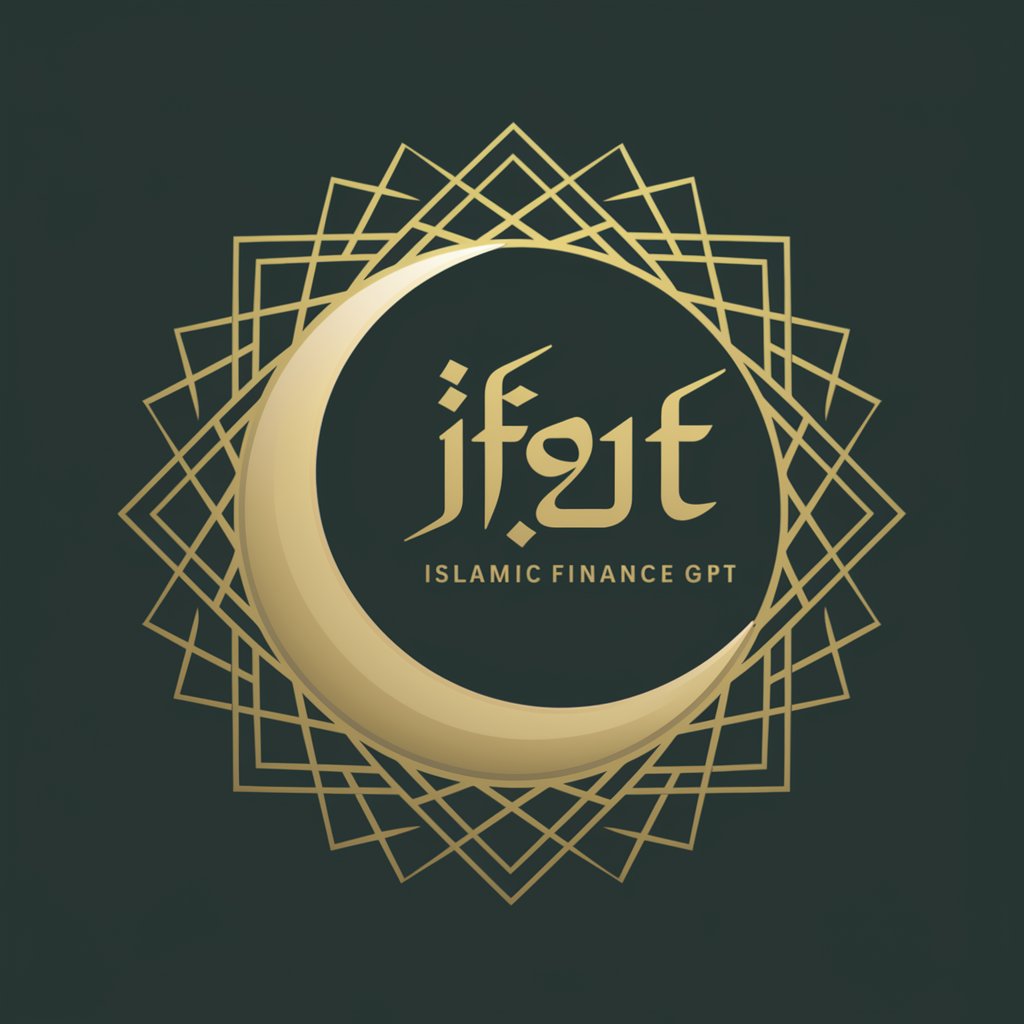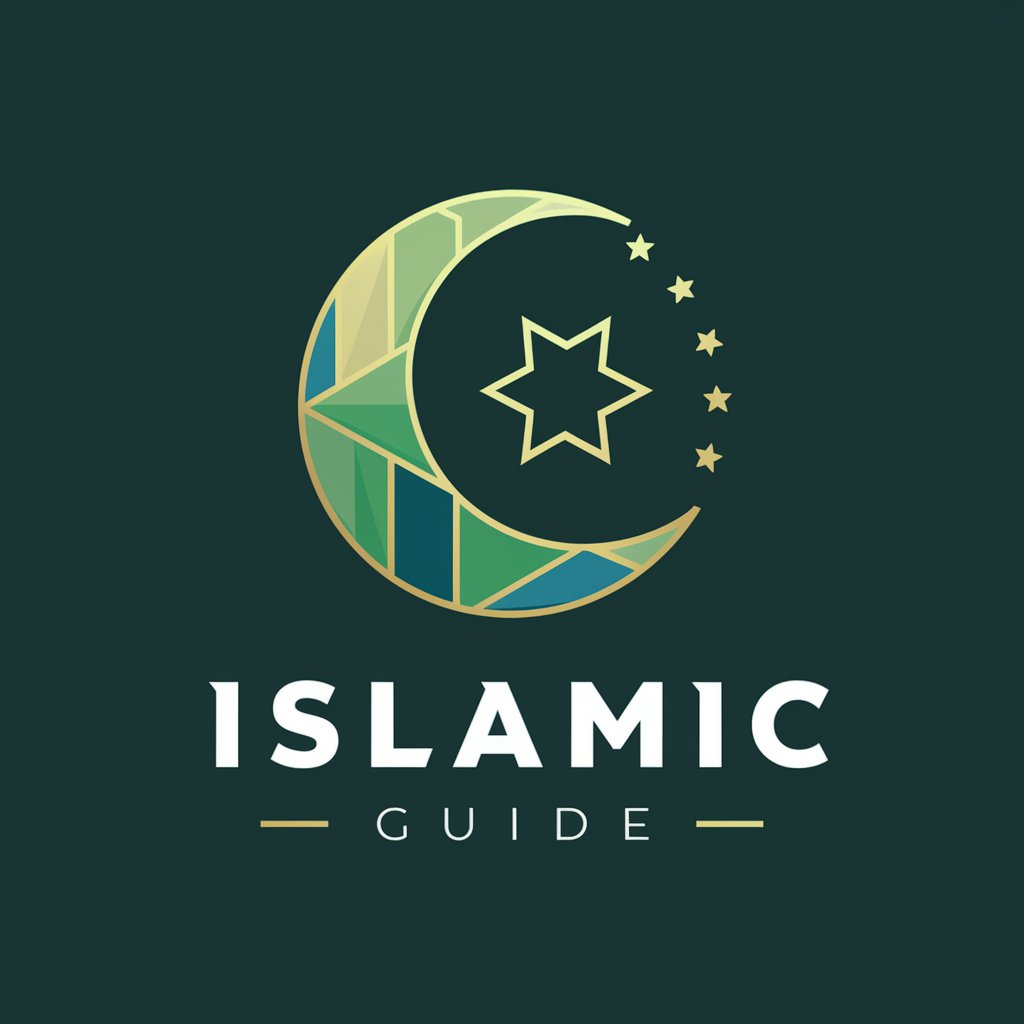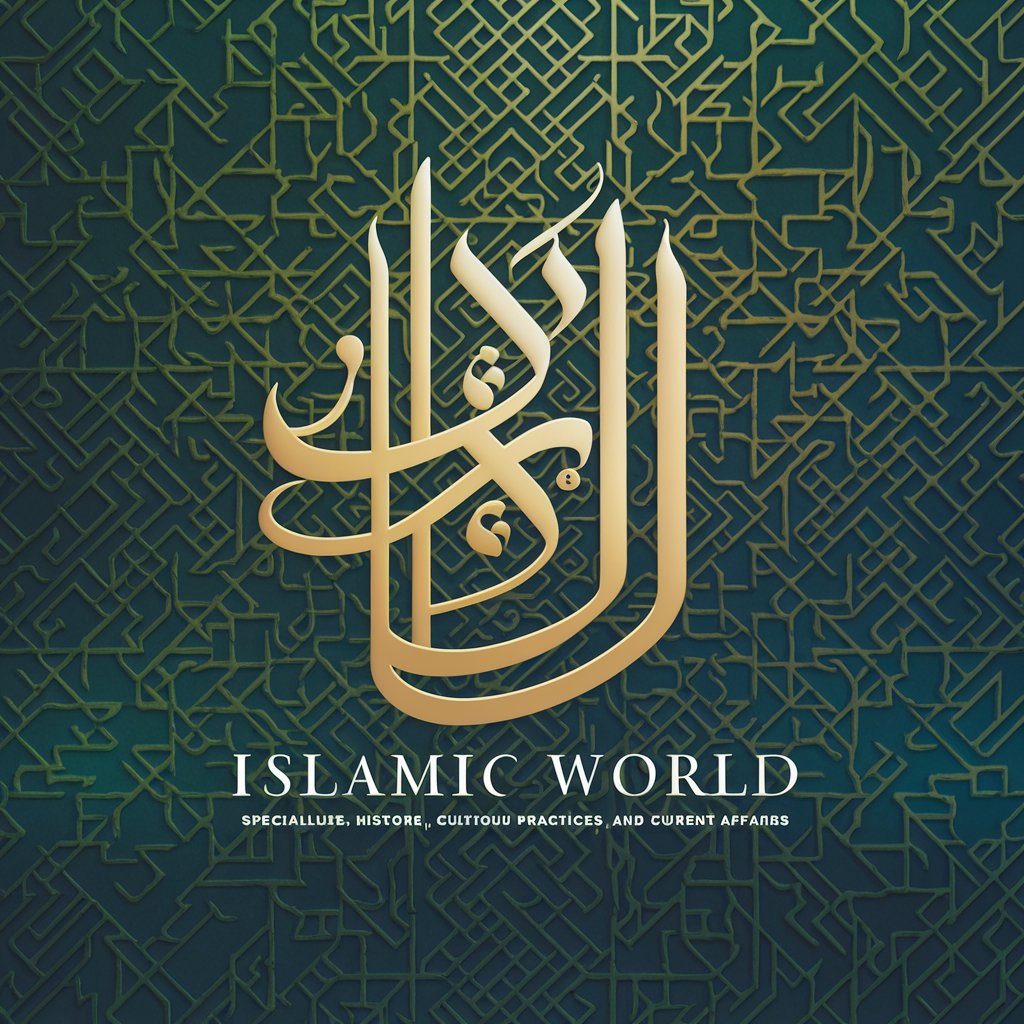Islamic Finance - Sharia-Compliant Financial Guidance

Welcome! How can I assist you with Islamic finance today?
Empowering ethical finance with AI
Explain the key principles of Islamic finance.
What are the differences between Islamic finance and conventional finance?
How does a Murabaha contract work in Islamic finance?
Can you provide examples of Sharia-compliant investment options?
Get Embed Code
Introduction to Islamic Finance
Islamic Finance refers to a financial system that is based on the principles of Sharia, or Islamic law. It is characterized by its adherence to ethical standards, social justice, and the prohibition of interest (riba) on loans and investments. Islamic finance aims to facilitate economic activities that contribute to societal development and welfare, ensuring transactions are based on tangible assets and shared risk. A key feature of Islamic finance is its emphasis on asset-backed financing and investment, where money must be used in a productive manner and cannot generate profit through interest. This approach encourages the development of financial products and services that are compliant with Islamic ethical values, such as Mudarabah (profit-sharing), Murabaha (cost-plus financing), and Ijara (leasing). For example, instead of taking an interest-based loan to purchase a home, a Muslim individual might opt for a Murabaha transaction, where the bank buys the property and sells it to the buyer at a profit, payable over time without interest. Powered by ChatGPT-4o。

Main Functions of Islamic Finance
Asset-Backed Financing
Example
Murabaha
Scenario
A business needs to purchase new equipment. Instead of taking a conventional loan with interest, the business approaches an Islamic financial institution which buys the equipment and sells it to the business at a predefined profit margin. The business then pays back the amount in installments.
Profit and Loss Sharing
Example
Mudarabah
Scenario
An entrepreneur with a business idea but no capital partners with an investor. The investor provides the capital under a Mudarabah agreement, where profits are shared according to a pre-agreed ratio, but the loss is borne only by the investor, reflecting shared risk and ethical investment.
Leasing (Ijara)
Example
Home Financing
Scenario
A family wants to buy a home but avoids interest-based loans. An Islamic bank purchases the property and leases it to the family. The family pays rent, which includes a portion that contributes to the property's purchase, eventually leading to the family owning the home outright.
Sukuk (Islamic Bonds)
Example
Infrastructure Development
Scenario
A government or corporation needs to raise funds for an infrastructure project. Instead of issuing traditional bonds, they issue Sukuk, which are Islamic bonds backed by the asset or project being financed. Investors receive a share of the profits from the project, in compliance with Sharia principles.
Ideal Users of Islamic Finance Services
Muslim Individuals and Businesses
Seeking financial products and services that are in harmony with their religious beliefs, particularly those prohibiting interest and ensuring ethical investment and financing practices.
Ethical Investors
Individuals and institutions interested in ethical banking, investing, and financing, valuing the principles of social justice, risk-sharing, and asset-backed financing.
Developing Economies
Countries and regions seeking to mobilize savings and investments in a way that supports economic development while adhering to local cultural and religious practices.
Innovative Financial Institutions
Banks and financial services looking to diversify their product offerings and appeal to a broader customer base, including those interested in ethical and socially responsible financial products.

Guidelines for Utilizing Islamic Finance
1
Start by accessing yeschat.ai for an initial, free trial experience without the need to log in or subscribe to ChatGPT Plus.
2
Familiarize yourself with the basic principles of Islamic finance, including the prohibition of interest (riba), speculative transactions (gharar), and investing in haram (forbidden) industries.
3
Explore Islamic financial products like Murabaha (cost-plus finance), Musharaka (joint venture), and Sukuk (Islamic bonds) to understand their application and compliance with Sharia law.
4
Consult with a qualified Islamic financial advisor or a Sharia board to ensure that your financial activities are in strict compliance with Islamic principles.
5
Implement the use of Islamic financial tools in your personal or business finances, including banking, investing, and insurance, to fully benefit from their ethical and equitable framework.
Try other advanced and practical GPTs
Islamic Scholar
Unlock Islamic Knowledge with AI

Islamic Parenting
Faith-based parenting at your fingertips

Islamic Guide
Empowering Islamic learning through AI

Elden Ring GPT
Master Elden Ring with AI-powered guidance.

Master of Elden Ring
Unveil Elden Ring's Secrets with AI

Ring Rules Guide
Clarifying complex game rules with AI precision.

Islamic Motivator
AI-powered Islamic Guidance

Islamic Scholar
AI-powered Islamic knowledge exploration

Islamic World
Explore Islamic Culture & History with AI

Musicians and Singers Assistant
Harmonize your music journey with AI

Musicians, Singers, and Related Workers Assistant
Empowering Creativity with AI

Jeff Winger
Engage with wit and wisdom.

Detailed Q&A about Islamic Finance
What distinguishes Islamic banking from conventional banking?
Islamic banking operates on the principle of profit-and-loss sharing and the prohibition of interest, aligning financial activities with Sharia law. This contrasts with conventional banking, which relies on interest rates for profit.
Can non-Muslims use Islamic financial services?
Yes, non-Muslims can use Islamic financial services. These services offer ethical and transparent financial solutions that appeal to individuals and businesses regardless of their religious beliefs.
How does Islamic finance contribute to economic stability?
Islamic finance promotes risk sharing, prohibits speculative transactions, and encourages asset-backed financing. This approach can lead to greater economic stability and development by focusing on real assets and services.
What are Sukuk and how do they work?
Sukuk, often referred to as Islamic bonds, represent ownership in a tangible asset, service, project, or business. Unlike conventional bonds that promise interest payments, Sukuk provide income to investors through profit sharing or rental income, aligning with Sharia principles.
Is it possible to invest ethically through Islamic finance?
Islamic finance is inherently ethical, as it mandates investments in socially responsible, beneficial sectors while avoiding industries that are harmful to society. This ensures that investments contribute positively to community welfare and environmental sustainability.
